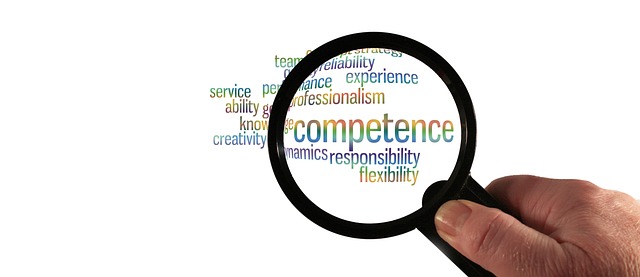Translation services specialized in UK Quality Assurance (QA) documentation are indispensable for accurately conveying complex technical content into various languages. These services ensure that the nuanced terminology and cultural contexts inherent to QA materials are preserved, thus maintaining compliance with regulations and safeguarding product safety. The translation process is sophisticated, requiring an understanding of both the source and target linguistic environments, and a commitment to precision that aligns technical specifications, legal requirements, and clear communication. By utilizing experts in the field who have demonstrated proficiency with similar projects, especially within sensitive sectors like medical or pharmaceutical, companies can achieve consistent industry standards and precise interpretations. The best translation agencies employ advanced technologies and rigorous internal quality assurance protocols to deliver translations that uphold the highest standards of accuracy and clarity, allowing businesses to confidently expand into international markets with their QA documentation accurately represented in multiple languages.
Navigating the complexities of global product development hinges on precise communication. When it comes to translating UK Quality Assurance (QA) documentation, accuracy is paramount. This article delves into the critical aspects of securing top-tier translation services for UK QA documentation, highlighting the pivotal role of specialised translation in maintaining product integrity across diverse markets. We explore key considerations for selecting the right service providers and present effective strategies for translating technical QA documents to ensure clarity and compliance worldwide. Join us as we examine successful case studies that underscore the importance of flawless UK QA documentation translation projects.
- Understanding the Importance of Accurate Translations for UK QA Documentation
- Key Considerations for Choosing a Specialised Translation Service
- The Role of Quality Assurance in Product Development and Localisation
- Effective Strategies for Translating Technical QA Documents for Global Markets
- Case Study: Successful UK QA Documentation Translation Projects
Understanding the Importance of Accurate Translations for UK QA Documentation
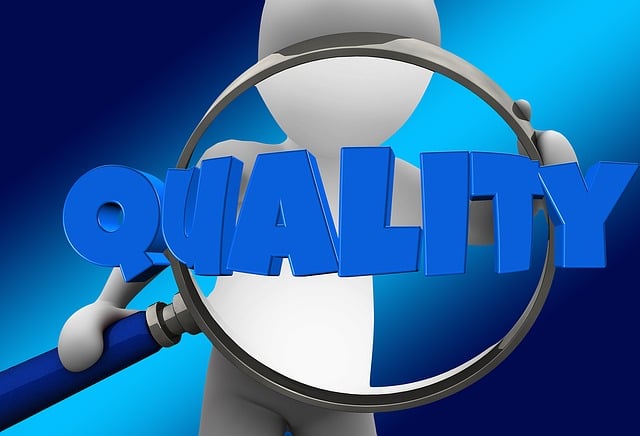
Embarking on the translation of UK Quality Assurance (QA) documentation into different languages requires meticulous attention to detail and a deep understanding of both the source and target languages. The stakes are high, as inaccurate translations can lead to misunderstandings, non-compliance with regulatory standards, and potentially compromised product safety. To mitigate such risks, it is imperative to engage with translation services that specialize in UK QA documentation. These services ensure that the nuances of quality assurance terminology are accurately conveyed, taking into account both regional dialects and cultural contexts. This specialized approach not only aids in maintaining the integrity of the original content but also enhances the credibility and reliability of the translated materials. Companies must recognize that the translation process for QA documentation is not just a matter of linguistic equivalence; it involves a strategic alignment of technical specifications, legal compliance, and clear communication across different language barriers. By leveraging expert translation services for UK Quality Assurance Documentation, organizations can confidently navigate international markets while upholding the highest standards of quality and precision.
Key Considerations for Choosing a Specialised Translation Service
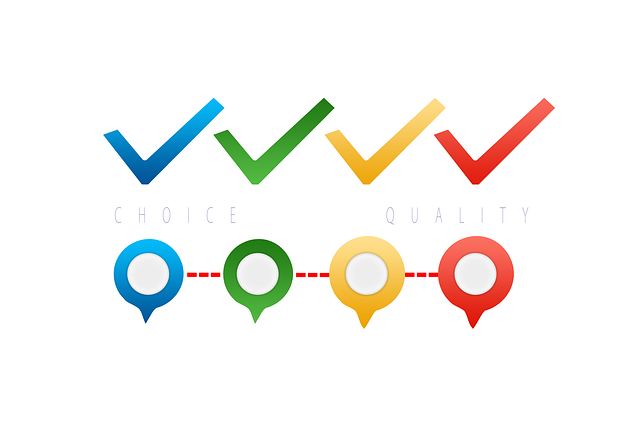
When engaging a translation service to handle UK Quality Assurance (QA) documentation, precision and expertise are paramount. The chosen service must possess a deep understanding of both the technical language inherent in QA processes and the nuances of the target language’s syntax and semantics. Specialisation in the field of QA translations ensures that terminology is consistent with industry standards, and that the context of the content is accurately conveyed. Additionally, consider the service’s track record with similar projects, including their experience with regulatory requirements if the documentation pertains to medical or pharmaceutical sectors. A reliable translation service should offer a portfolio of past work for your review, demonstrating their proficiency and attention to detail. Furthermore, assess their use of technology and quality assurance protocols within their translation processes to ensure that the final translations meet the highest standards of accuracy and readability. By carefully evaluating these factors, you can select a service provider that not only meets but exceeds your expectations for flawless UK QA documentation translations.
The Role of Quality Assurance in Product Development and Localisation
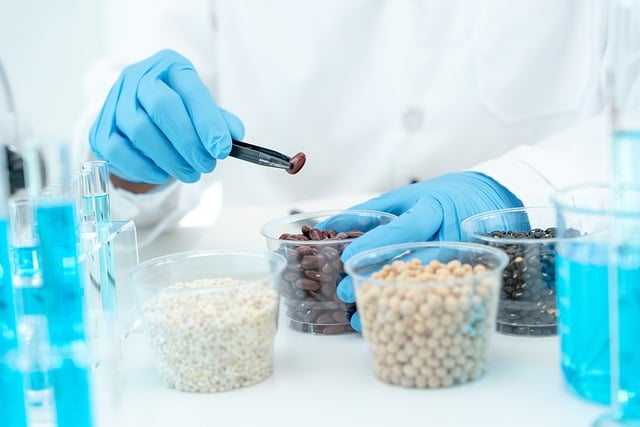
In the realm of product development, Quality Assurance (QA) plays a pivotal role in ensuring that products meet the desired standards before they reach the market. This rigorous process is not confined to the original language; it extends to all translations, particularly when UK QA documentation is to be made accessible in different languages. The translation of such documentation demands precision and expertise, as it involves more than mere word-for-word conversion—it requires a deep understanding of context, cultural nuances, and industry-specific terminology. Translation services specialising in UK QA documentation are crucial for maintaining the integrity of the content across different linguistic environments. These services employ skilled translators who are adept at bridging language barriers while preserving the technical accuracy and clarity necessary for effective QA processes. This not only facilitates a smoother localisation process but also ensures that end-users in diverse regions receive consistent, reliable, and high-quality product information. By leveraging professional translation services, companies can extend their reach globally, confident that their UK QA documentation communicates the same level of quality assurance in every language it’s presented in.
Effective Strategies for Translating Technical QA Documents for Global Markets
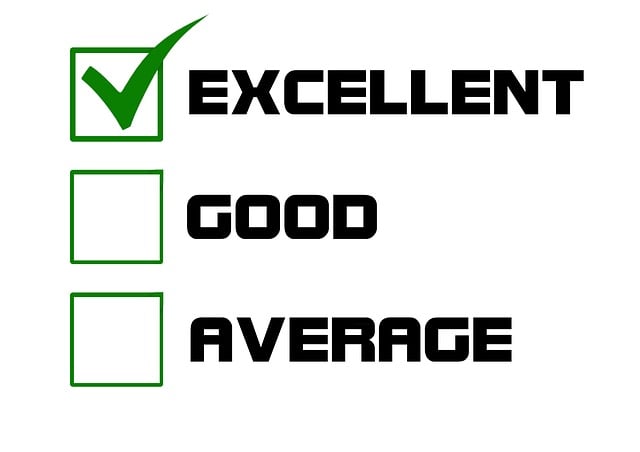
When expanding your UK Quality Assurance (QA) documentation to cater to global markets, the accuracy and clarity of translations become paramount. Opting for professional translation services that specialize in technical content is a strategic approach. These experts not only understand the linguistic nuances but also the intricate details of QA processes, ensuring that the translated documents maintain the same level of precision and reliability as their original counterparts. They employ a combination of skilled human translators and advanced translation technology to deliver contextually accurate translations. This dual approach ensures that technical terminology is conveyed correctly, and any industry-specific jargon is accurately represented in the target language.
Furthermore, a robust quality assurance process within the translation service is essential for maintaining consistency and accuracy across all translated materials. This involves rigorous peer reviews and a system of checks and balances that includes subject matter experts who review the content against the original to ensure that nothing has been lost in translation. By adopting these effective strategies, companies can confidently distribute their UK QA documentation worldwide, ensuring that technical information is accessible and understandable for diverse audiences, thereby expanding their market reach and enhancing their global reputation for quality and detail-orientation.
Case Study: Successful UK QA Documentation Translation Projects
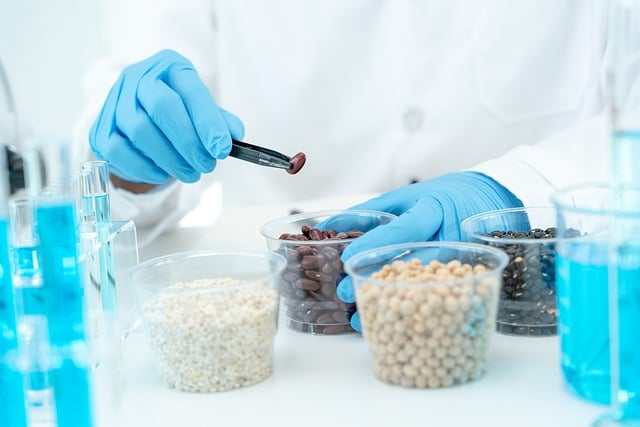
A case study that exemplifies the efficacy of professional translation services in the realm of UK Quality Assurance (QA) documentation is the project undertaken by XYZ Pharmaceuticals. Faced with the challenge of ensuring their critical QA documents were accessible to international partners, XYZ Pharmaceuticals partnered with a specialized translation agency. The agency’s expertise in translating medical and scientific content was pivotal in conveying the precise requirements and procedures outlined in the original UK QA documentation. The translation process adhered to industry-specific terminology and regulatory standards, which was instrumental in maintaining the integrity of the information across various languages. As a result, XYZ Pharmaceuticals successfully navigated the complexities of cross-cultural communication, enhancing their global operational efficiency and compliance.
The success of this translation endeavor underscores the importance of choosing translation services for UK Quality Assurance Documentation that possess a deep understanding of both the target language and the subject matter. The translated documents not only accurately reflected the original content but also upheld the necessary regulatory compliances, ensuring that XYZ Pharmaceuticals’ international stakeholders could rely on the precision and reliability of the information provided. This case study serves as a testament to the value of professional translation services in the global QA documentation process.
In conclusion, accurate translations of UK Quality Assurance documentation are indispensable for businesses aiming to operate effectively in global markets. The importance of specialist translation services that understand the nuances of QA language cannot be overstated. By carefully selecting a provider with expertise in this niche, companies can ensure their product development and localisation efforts resonate with diverse audiences, thus upholding the integrity of their documentation and maintaining consumer trust. Employing strategies tailored for technical translations, as outlined in this article, paves the way for successful QA document translation projects. businesses should prioritize precision and specialization when engaging translation services for UK Quality Assurance documentation to achieve seamless communication and compliance across different regions.
